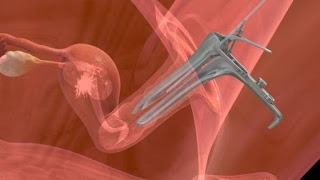The most important variables involved in a successful IVF cycle are a healthy egg, normal, functional sperm, and a uterus that is capable of nurturing the growth of a baby.
The human egg is a very complex structure, it is prone to damage and this can render it nonfunctional which may leads to abnormal distribution of chromosomes and nonviable embryo.
During IVF, cell stage, embryo grade and the rate of cell division will determined embryo selection, embryos that have developed to at least the 6 cell stage have a much better prognosis for success than embryos that have 5 or fewer cells on day three.
The egg retrieval and the embryo transfer to correct location are very important to the success of an IVF cycle. Retrieving fewer eggs than expected, or failure to retrieve any eggs, can affect the success rate.
The IVF laboratory factors can lead to failure of IVF. If the equipment are not functioning properly, poor control of oxygen concentration, carbon dioxide concentration, and other factors such as humidity, PH, temperature and light.
haleplushearty.blogspot.com


